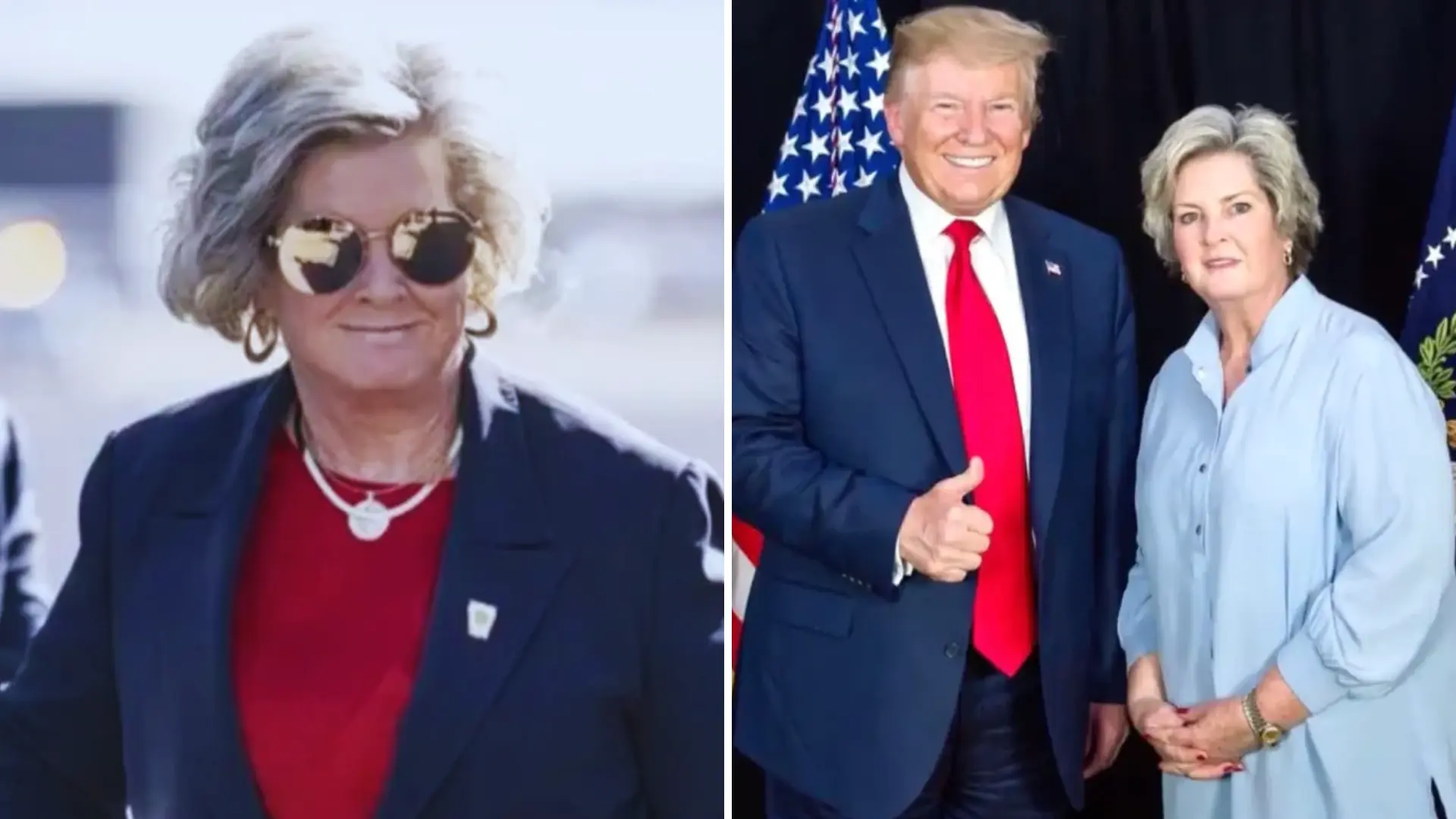US President-elect Donald Trump has chosen his campaign manager, Susie Wiles, as the new White House chief of staff, marking his first major appointment since winning the recent election. Wiles becomes the first woman in American history to take on this role.
“Susie is tough, smart, innovative, and commands universal respect,” Trump stated, praising her dedication to “Make America Great Again” and calling her appointment a well-deserved milestone.
This move signals the start of a series of appointments as Trump prepares for his January 20 return to the White House. Wiles’ selection is significant, reflecting the early challenges of building a team to manage the federal government.
Who is Susie Wiles?
Highly respected both within and beyond Trump’s inner circle, Wiles is known for her role in running his most effective and organized campaign. Although she avoided public speaking and the title of campaign manager, her strategy was pivotal, especially given Trump’s history of frequently changing campaign leadership.
Though Wiles doesn’t have extensive federal experience, her longstanding relationship with Trump is a major asset. As an experienced Florida-based Republican strategist, Wiles managed Trump’s campaigns in Florida in 2016 and 2020, helped Ron DeSantis secure the governorship in 2018, and also led Rick Scott’s 2010 Florida campaign and Jon Huntsman’s brief 2012 presidential run. She started in politics in 1980, working on Ronald Reagan’s campaign.
According to Chris Whipple, author of The Gatekeepers, Wiles brings the essential ability to manage Trump and give him honest feedback, which is critical for a chief of staff. However, Whipple pointed out that her lack of White House experience and limited recent work in Washington could be a disadvantage.
Wiles has developed a rapport with Trump’s family and cultivated connections with figures like Robert F. Kennedy Jr. and Elon Musk, making her a central figure in Trump’s alliances.
The Chief of Staff’s Role
The chief of staff serves as a confidant, aids in executing the president’s agenda, and manages competing priorities within the administration. They control who has access to the president—something Trump resisted in his last term.
Whipple described the role as essential for an effective White House, with a key responsibility being to deliver unwelcome truths to the president.
In the United States, the Chief of Staff (CoS) carries a wide array of responsibilities, including:
Overseeing White House Operations: As the highest-ranking official in the Executive Office of the President, the CoS supervises White House staff, appoints senior team members, and manages their departments.
Advising the President: The CoS provides guidance to the President on various issues, ensuring the President’s political goals are safeguarded.
Shaping Policy: The CoS directs and coordinates policy development to support the President’s agenda.
Facilitating Legislative Negotiations: The CoS works with Congress, Cabinet members, and other groups to negotiate legislation and secure funding.
Regulating Oval Office Access: The CoS determines who can meet with the President in the Oval Office.
Managing Information Flow: The CoS organizes and oversees the movement of information to and from the President’s desk.


















